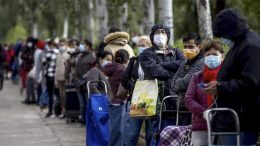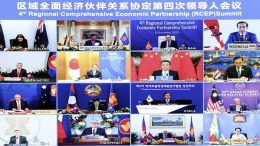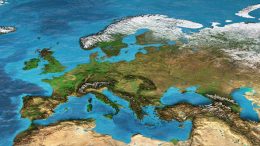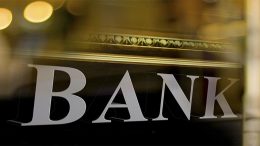Talks Between BBVA And Banco Sabadell About A Potential Merger Terminated Without Agreement
Renta 4 | The reasons for the cease of negotiations would be, on the one hand, the lack of agreement on the exchange equation and the price to be paid, and on the other, the distribution of power. The suggested retirement for Sabadell’s chairman Josep Oliú in exchange for the operation being paid for in cash would not be well received by the ECB, given the risk of BBVA’s chairman Carlos Torres being charged in relation with the Villarejo case. This could then leave the merged group without a chairman. So the ECB would have urged a joint presidency between Torres and Oliú.










